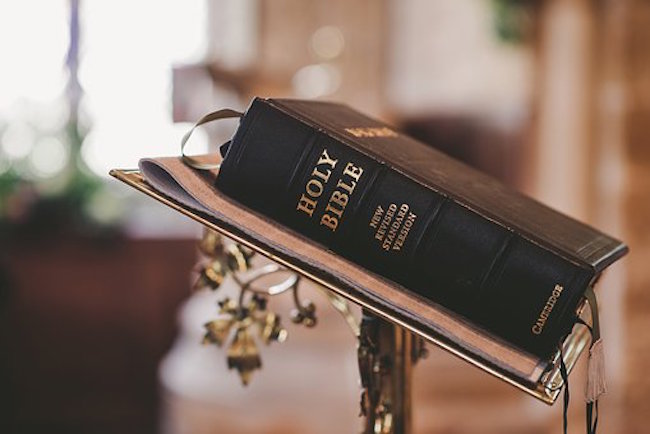6 Principles to Discern New Testament Prophets by RON CANTOR for Charism News
In this hour where so many are calling themselves prophets, I thought it would be good to do a little teaching on what the Bible teaches about prophets.
This is by no means exhaustive, and I am sure some may disagree. But it is a subject with which we should be familiar.
- Difference between Old and New Testament prophets: Team. We do not see national and international prophets that function apart from apostolic teams in the New Testament. Acts 13 was a gathering of leaders in which God spoke prophetically. Same with Acts 15. Acts 11 speaks of Agabus prophesying about a famine, but they were a team sent from Jerusalem to Antioch. The word was processed with other apostolic leaders, and a fund was created.
But what if he had been wrong? What if people made plans based on an erroneous word? That is why prophecy given on a national level is so dangerous, if it is out of order. If Agabus were wrong on some level, the other leaders would have picked it up and corrected him in a loving way with the same authority.
In the Old Testament, the prophet had tremendous authority as the voice of God. In the New Testament, Yeshua gives five leadership gifts that work together to equip the people of God.
Not as Significant
The word “prophet” occurs 30 times in Acts: 25 times it refers to the Hebrew prophets and their writings, and only four times does it refer to New Testament prophets. This leads me to believe that New Testament prophets are different from the Old Testament prophets and do not function exactly in the same way. Here are some examples.
—The prophetic bar is not set at 100% accuracy, as it was in Deuteronomy. There is no stoning for a wrong prophecy (If there were, we would have a lot of dead prophets on our hands!). Paul was not encouraging the Corinthians to risk their lives by saying “For you can all prophesy” (1 Cor. 14:31).
—New Testament prophets do not write Scripture.
—They are not isolated like Elijah and others.
—All prophecy is submitted to the written Word.
—Prophecy from modern prophets must not contradict end-time prophecy in the Word of God.
—And modern prophecy should be judged by other leaders before being released to a wide audience.
Two or three prophets should speak, and the others should weigh carefully what is said. The spirits of prophets are subject to the control of prophets (1 Cor. 14:29, 32).




